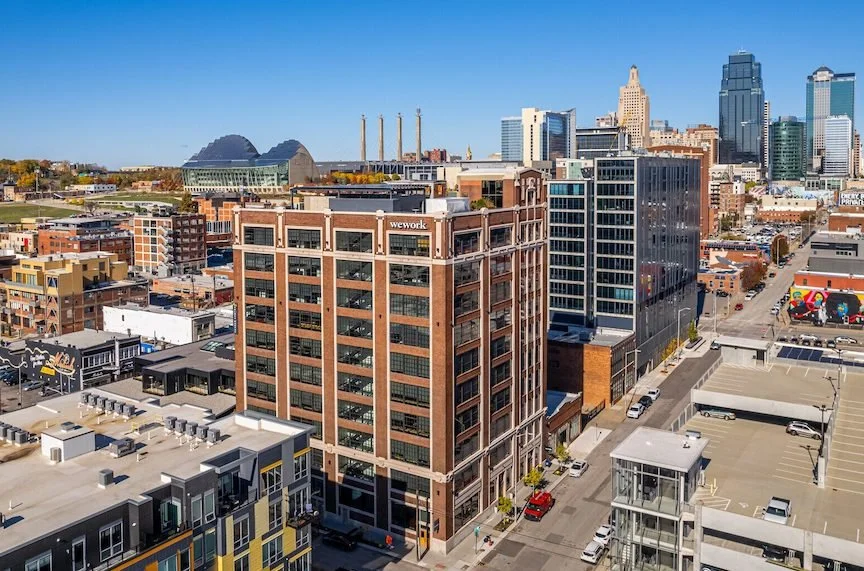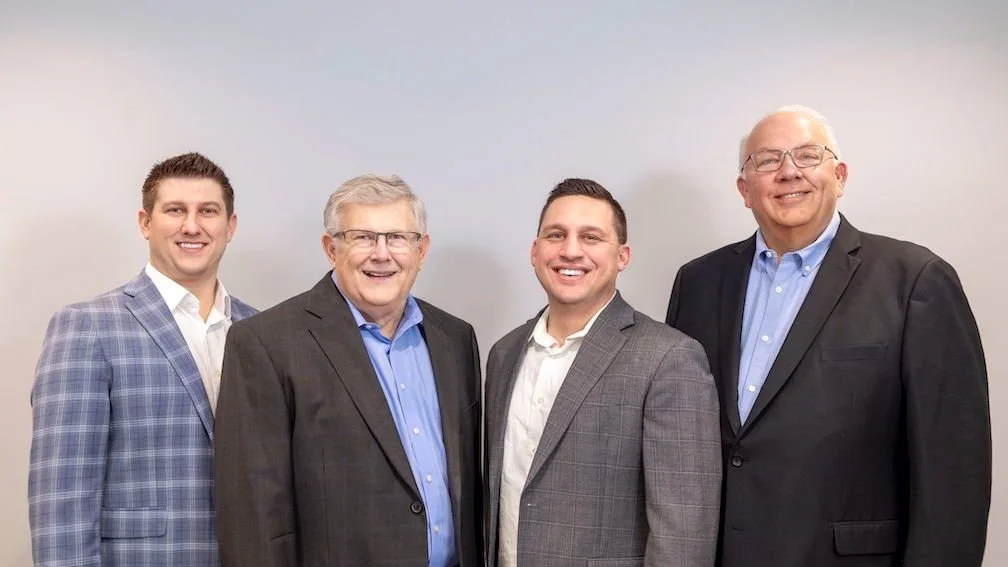Feature photo(s) credit: Jacia Phillips | Arch Photo KC
Healthcare Panelists: Disruptors include tech, politics and consumer-centric market
Several disruptive trends could provide headwinds to the typically stable healthcare development market over the next two years, including insurance industry uncertainty, shifting political power, ongoing consumer demand for mobile connectivity, and a move to patient-centric drivers in service delivery.
Panelists offered insight into those trends and more at MetroWire Media’s 2018 Healthcare Summit on June 26 at Blue Hills Country Club. Moderated by Dan Lacy, McCownGordon Construction vice president of operations, here’s a snapshot of comments:
“The landscape for healthcare in general is the most dynamic it has ever been in KC. If you look from Holmes Road along I-435 to Metcalf Avenue, you’ve had 450,000 square feet of new construction occur. So that corridor and that visibility takes on a rank-and-file in commercial real estate that we have never seen before-- to the delight of investors, to the delight of institutional owners and to the delight of real estate developers.” -Suzanne Dimmel, Senior Vice President, Cushman & Wakefield
“Getting patient care close to home is obviously a big factor, and you also have the search for getting market share, so bringing patients back to the 'mothership' hospitals-- whether it’s tertiary care or regional hospitals-- you see providers really trying to gather that market share.” -Mitch Hoefer, Founding Principal, Hoefer Wysocki
“We are building critical care clinics that are non-traditional in a sense because they are owned by the insurance companies themselves. They are eliminating the middle man to keep costs down, and we are seeing this all over the country.” -Kevin Rogers, CEO, United Excel
“I think you will see growth in outpatient recovery and sending people home with medical equipment that is connected back to the ‘mothership,’ so patients don’t have to recover for the entire time in the hospital. That could actually reduce the numbers of beds.” -Rick Embers, Principal, Pulse Design Group
“We are looking at flexibility in how we design wireless networks because everyone wants to get on the network with their iPad or phone while sitting there and waiting, but that has to be separate and secured different than the patient network. There’s a huge push there as well as a push to get equipment connected from wireless spaces.” -Jeremy Bechtold, Vice President- Facilities, Construction & Real Estate, Saint Luke’s Health System
“When you’re talking about qualifications and procurement from a design-build standpoint, the process gets a lot more streamlined. The goal of design-build is that we’re all looking for better outcomes, so the goal is to provide that in collaborative manner with teams so they can get engaged with the users.” -Matt Miller, Project Executive, Turner Construction
“Tight construction timelines and speed-to-market pressure means contractors need to custom order product with plenty of lead time… as far as disrupters (to the industry), I think it’s going to be the consumer experience of health care, the demand for convenience and the demand for value.” -Meghan Dudek, Principal, Benson Method
Panelist Spotlight: Jeremy Bechtold of Saint Luke's Health System
Jeremy Bechtold is the vice president of facilities, construction, and real estate at Saint Luke’s Health System, and a featured speaker at MetroWireMedia's 2016 Healthcare Summit. In Kansas City, he oversees facilities, construction, real estate, and property management for 10 Kansas City area hospitals, home care and hospice, behavioral health care, and dozens of physician practices and retail clinics.






